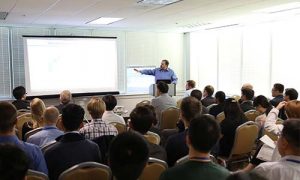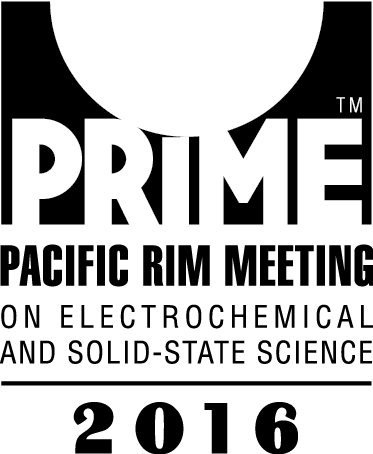ECS will be offering five short courses at the 229th ECS Meeting this year in San Diego.
What are short courses? Taught by academic and industry experts in intimate learning settings, short courses offer students and professionals alike the opportunity to greatly expand their knowledge and technical expertise.
Short Course #1: Basic Corrosion for Electrochemists
Luis F. Garfias-Mesias, Instructor
This course covers the basics of corrosion science and corrosion engineering. It is targeted toward people with a physical sciences or engineering background who have not been trained as corrosionists, but who want to understand the basic concepts of corrosion, learn to select the appropriate materials an know which will be the typical techniques and methodologies to test and qualify materials (resistant to corrosion).
The course will begin with a general, basic foundation of electrochemistry and corrosion. It will cover the typical engineering materials (metals, non-metals, composites, etc.) and their interaction with their environment (temperature, pressure, gasses, liquids, etc.) and the common methodologies to prevent and control their degradation (material selection, adding inhibitors, applying a protective coating, using cathodic or anodic protection, etc.). Basic knowledge of corrosion monitoring and inspection as well as field and laboratory testing will be covered.
(more…)
 Register now!
Register now!




 Enhance your
Enhance your